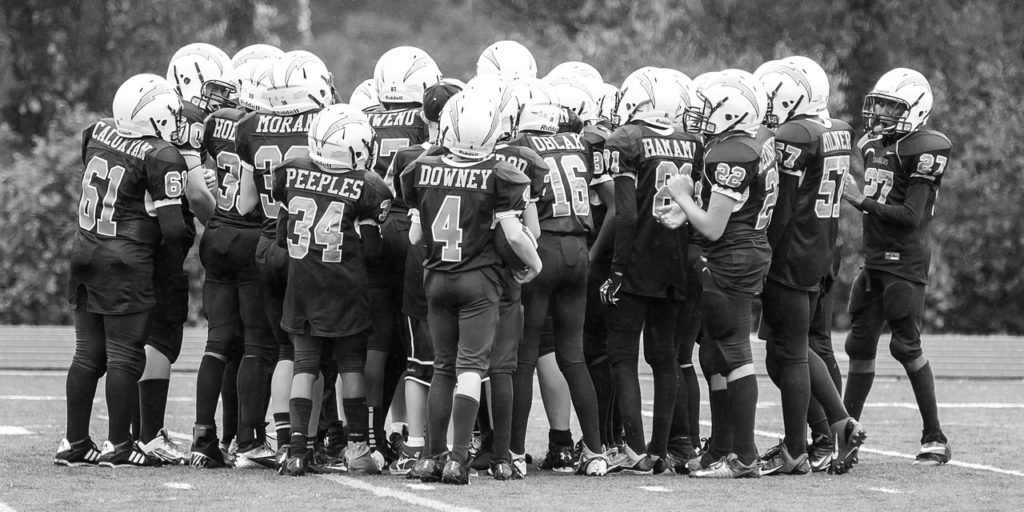- Care needed when using ethanol-fuelled firepots: McLeish - October 5, 2019
- Government changes to auto insurance need to go further, says McLeish - April 5, 2019
- Brokers have duty to inform clients of insurance options - January 5, 2019
Young athletes and their parents should make fully informed decisions about participation in contact sports, says Toronto critical injury lawyer John McLeish.
A recent study by Boston University scientists found 110 of 111 donated brains belonging to deceased former NFL players showed signs of chronic traumatic encephalopathy (CTE), a degenerative disorder caused by repeated blows to the head, and McLeish, a partner with McLeish Orlando LLP, says children or adults thinking about playing sports should make themselves aware of the latest scientific research in the area.
“There is a very compelling body of evidence now when it comes to CTE and professional football,” he says. “Repeated contact and concussions should be a serious concern to players and, if they are minors, their parents.”
“Sometimes when you’re younger, you can feel like you’re invincible, but if I had a child in high school who wanted to play football, I’d do my best to make sure they were aware of the possible consequences,” McLeish adds.
Boston study
The Boston study was cited in a Toronto Star article as a reason for the recent retirement of 26-year-old Baltimore Ravens lineman John Urschel, a 2014 draft pick who is also partway through a PhD in mathematics at the Massachusetts Institute of Technology.
According to the Star, the study involved the largest single sample of players’ brains in the research amassed on the subject so far.
The article quotes Robert Cantu of Boston University’s School of Medicine, who said he would not be surprised if the results prompted more retirements.
“There are a number of players retiring in their late 20s and 30s now who are still able to play, but they’ve made their money and they don’t want to take any further risk,” Cantu said. “I’m sure one of the risks they’re thinking about is CTE.”
In 2015, Urschel said a previous concussion had affected his ability to do his mathematics work, and following his retirement, he took to Twitter:
“It wasn’t an easy decision, but I believe it was the right one for me,” he wrote.
But not all professional footballers are taking the same approach. In Toronto, Argonaut linebacker Jonathan Woods told the Star that he was comfortable with the risks he takes playing the game, even after being forced to leave a game due to a concussion.
“I know what I’m doing. I’m playing pro football. I put on a helmet so I can smack another grown man,” Woods said. “I made my mind up a long time ago that I’m playing football. It’s a physical sport.”

